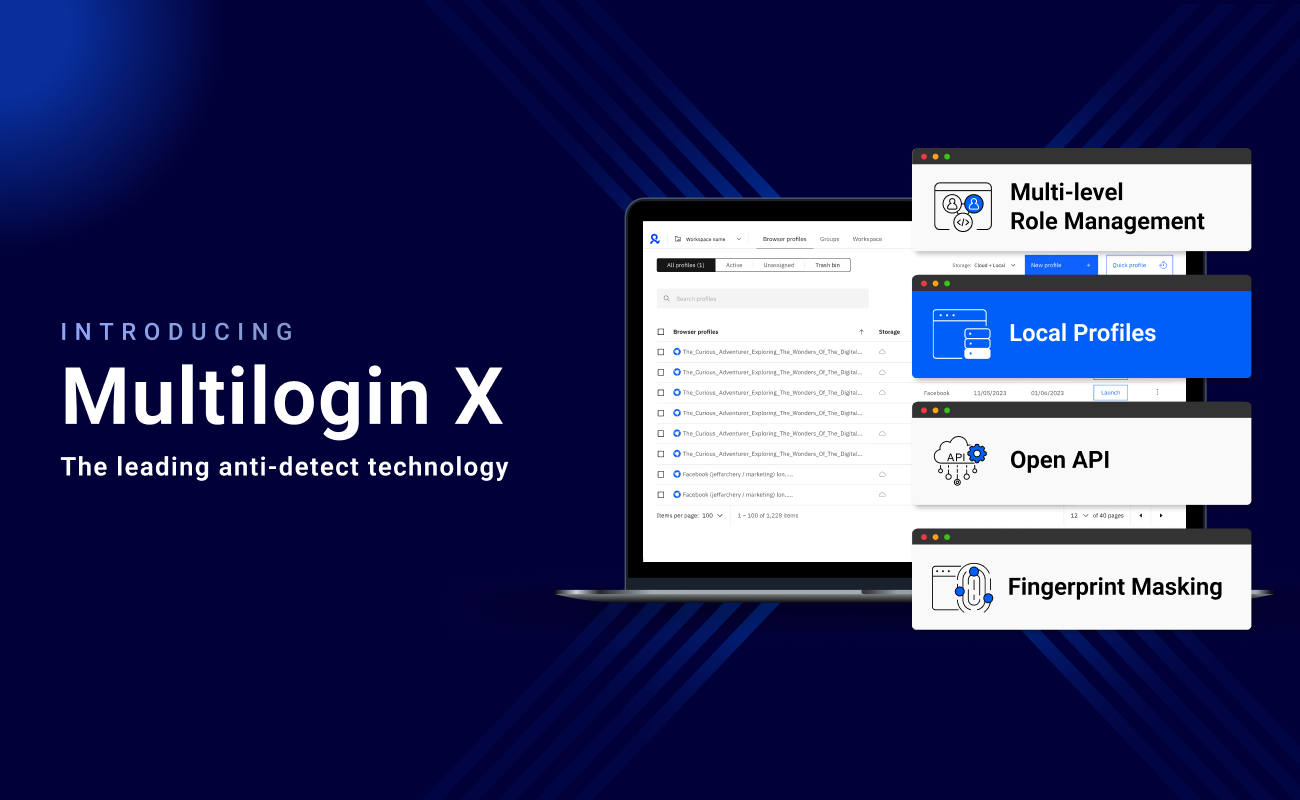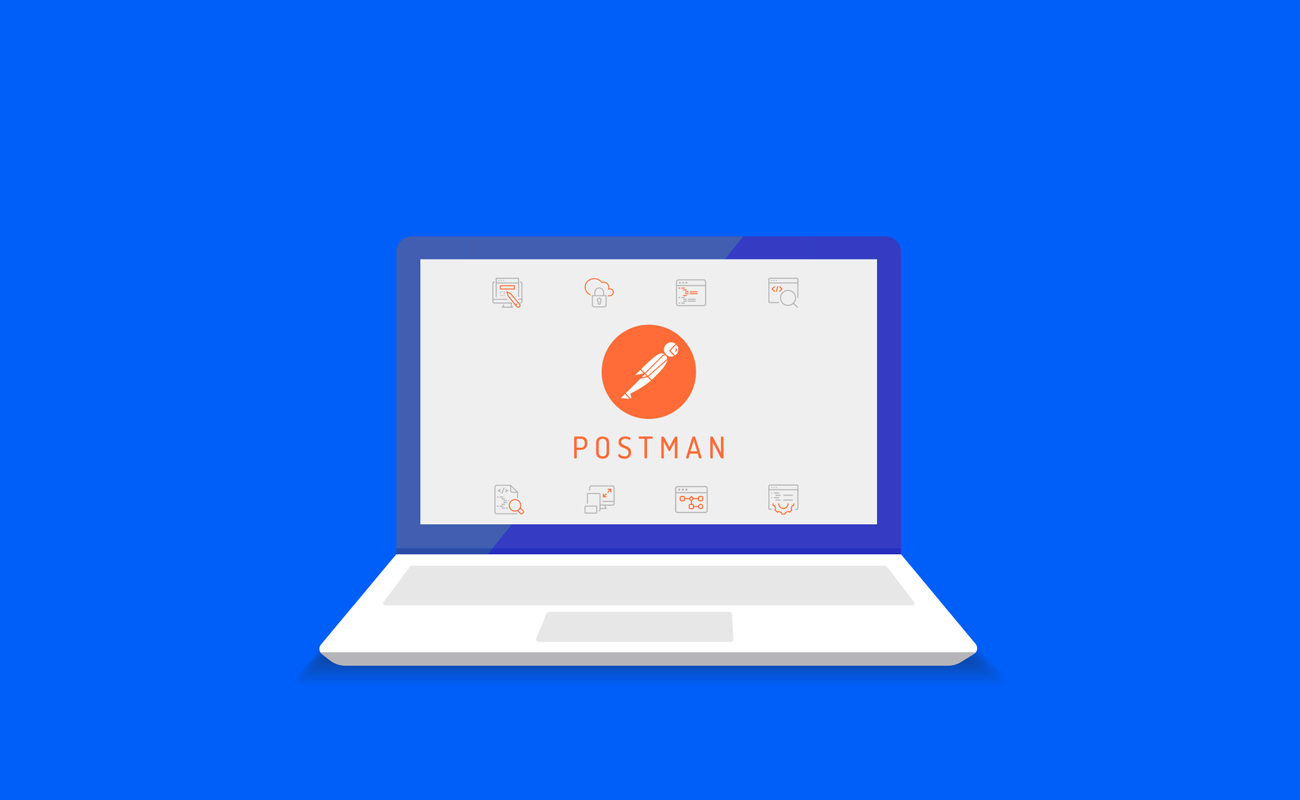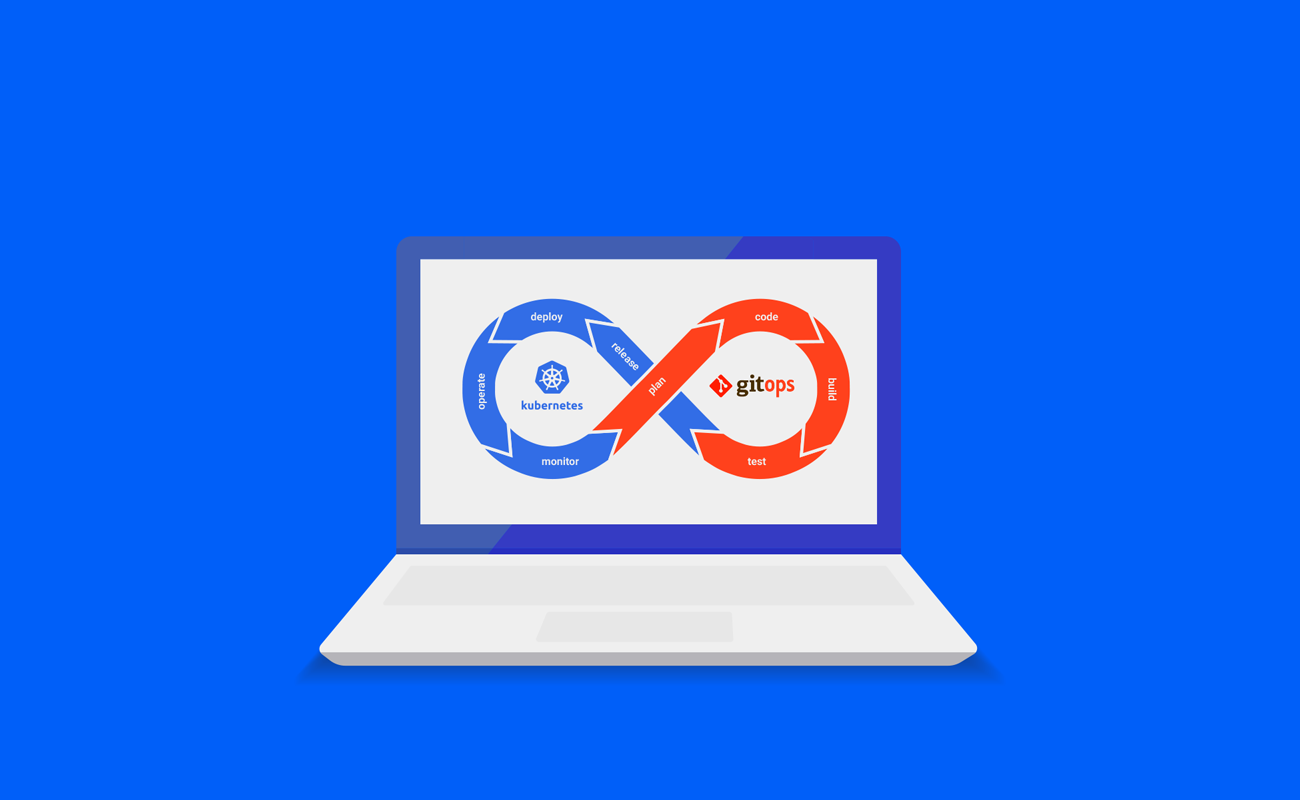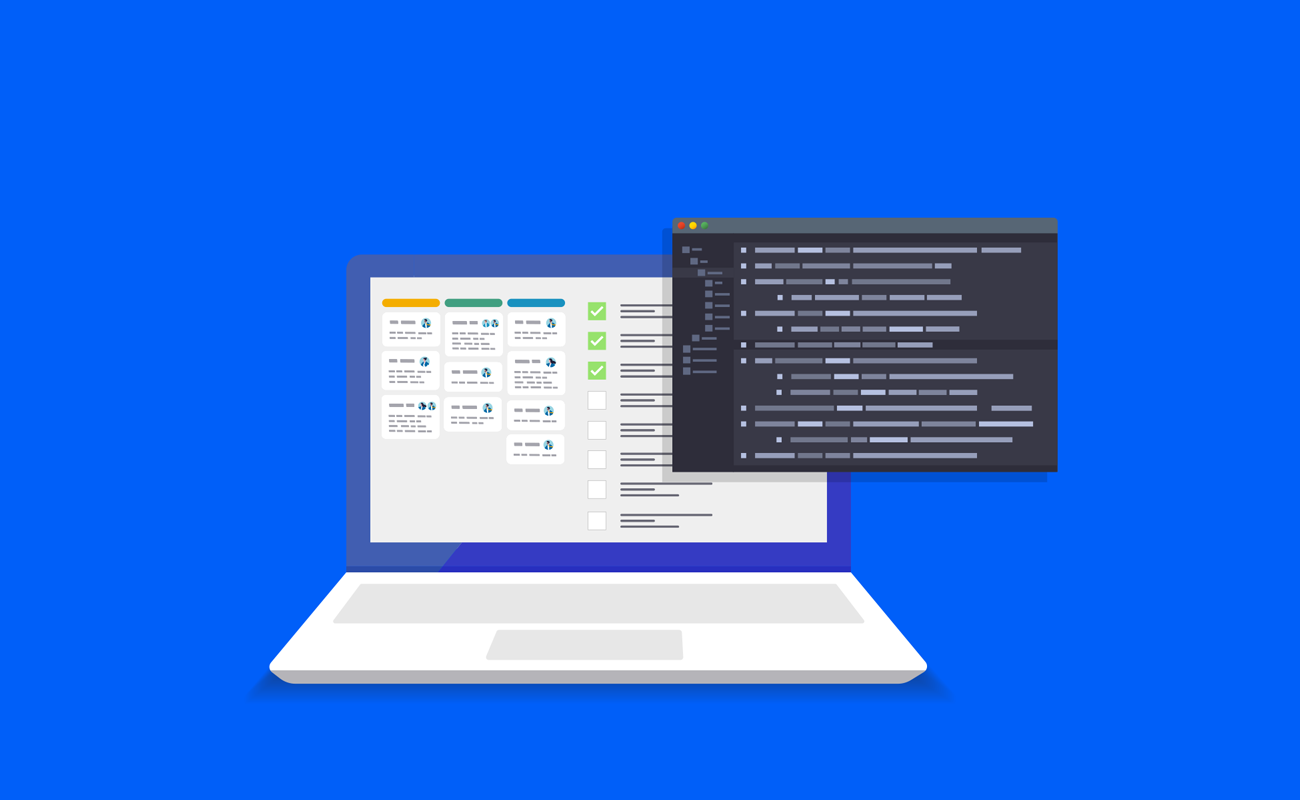
What are the risks of running multiple accounts and how can you protect your business?
OCTOBER 22, 2021 | ACCOUNT MANAGEMENT
This month, we have been busy exploring the world of browser fingerprinting and now it’s time to apply it to the real world. Most of our readers run multiple accounts or storefronts as part of their online businesses, and this is an area in which browser fingerprinting can have significant consequences. We explain the risk factors and how you can protect your accounts.
The dangers of running multiple accounts
For many online businesses, particularly those competing with publishing or commerce giants or expanding into new markets in areas such as affiliate marketing, e-commerce and social media, running a single account on platforms like Facebook or Amazon just isn’t an option. To remain competitive, you need the flexibility of several storefronts or profiles. However, as we have explained, websites use ever-more sophisticated methods of browser fingerprinting – meaning there are a number of risk factors that can lead to account bans.
To remain competitive, running a single account on platforms like Facebook or Amazon just isn’t an option.
What are the main risks to your business?
1. Your accounts are linked together
“Your account has been suspended”: the words no internet business wants to see when they try to log into one of their most profitable profiles – or even a smaller one. Inconsistencies in your profile (or perhaps more accurately, consistencies in your profile between different accounts) can lead to them being linked together.
It could be an obvious part of your browser fingerprint, like your IP address, or it might be a combination of more subtle factors.
Whatever the reason, leaking between your profiles means that it's only a matter of time before they're shut down – and it is by no means easy for a layperson to make sure they've covered all bases.
2. Farmed or bought accounts do not deliver on promises
Some things can look too good to be true, especially if their past is murky. Farmed or paid accounts, as we have previously covered, are an incredibly risky proposition. You have no guarantee firstly that they are what they say they are: the seller may tell you this is a clean account, but how do you know it hasn't already been banned from certain platforms, or otherwise blacklisted?
Another big 'no' for many platforms is the IP address: as many bought accounts use datacenter IPs rather than residential IPs, which are far more likely to be used for nefarious purposes due to the ease of bulk purchase.
Likewise, we know that browser fingerprinting sends up red flags when it contains unlikely elements. If you buy an account from the US and open it with a geolocation of India, or from China and suddenly open it in Russia, these sorts of sudden changes can be taken as indicative of suspicious activity.
3. Legitimate team sharing is treated as suspicious
If you're a geographically distributed team, such as many of the agencies who use Multilogin, but you don't use a solution for handling multiple accounts, you're highly likely to run into the same problems as with farmed accounts.
Imagine opening a British client's accounts in Malaysia, and then sharing to a colleague in China. Even within in-house businesses, you're highly like to find your same accounts being opened on different devices by your team members, which themselves might also have opened other accounts on the same platforms.
In all of these situations, your browser fingerprint is going to flag up some significant inconsistencies, which could well lead to the banning of your accounts – or perhaps even worse, those of your clients.
How can you protect multiple accounts against bans?
With so many risks stacked against any business running multiple accounts, how can you help to protect your work against sudden bans?
The solution is to use a robust, stable antidetect. Multilogin provides you with segregated virtual browser profiles that do not leak between one another. Each has its own unique browser fingerprint – completely customizable – and appears as a native device to third-party websites and platforms. To find out more, check out our subscription plans and benefits.






